Crypto vs Traditional Credit Card – Which Payment Style Really Wins Today?
July 3, 2025
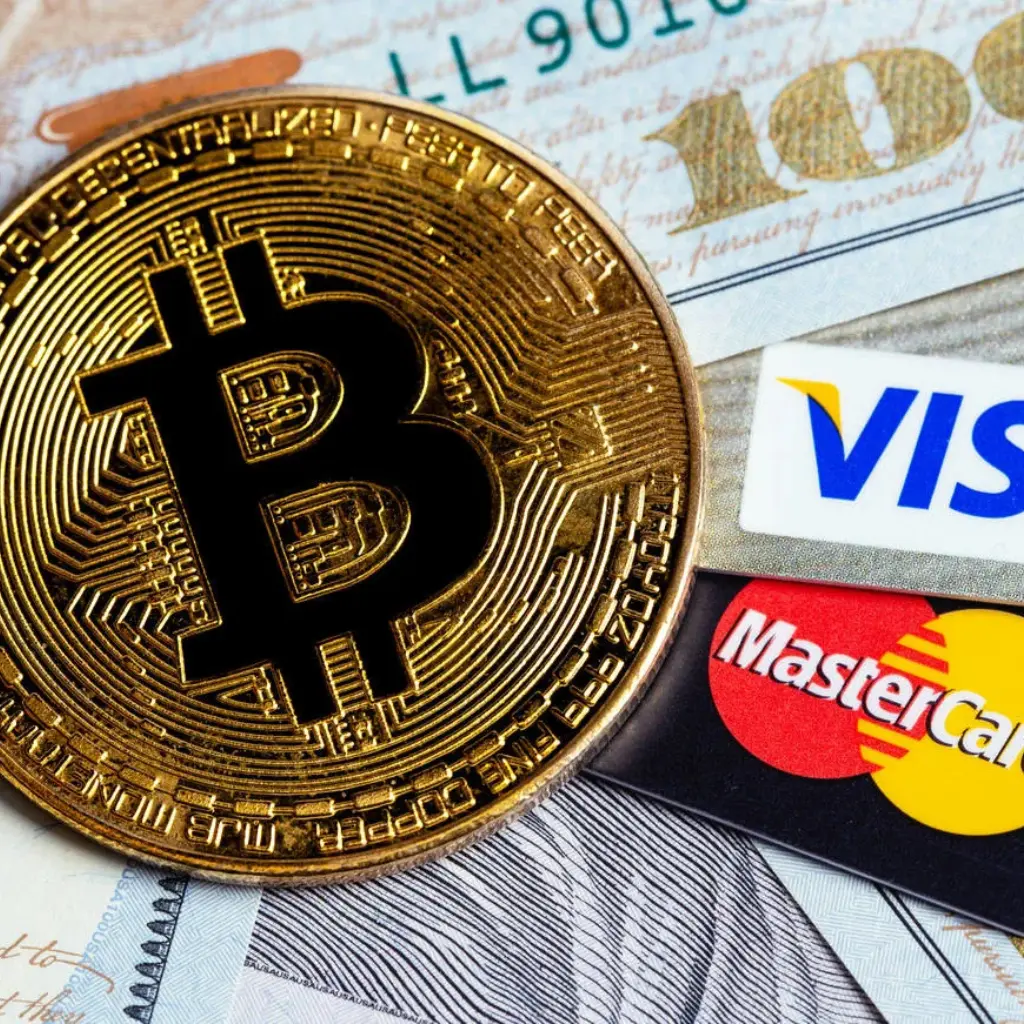
Money’s gone digital — no surprise there. But the real question now? Crypto vs traditional credit card: which one gives you more bang for your buck, ease for your swipe, and peace for your mind?
Depending on who you ask, the answers can get… heated. Crypto fans swear it’s the future. Credit card loyalists? They’ll tell you, “If it ain’t broke, why fix it?” Let’s dive into the good, the bad, and the in-between.
The Basics – What We’re Even Comparing
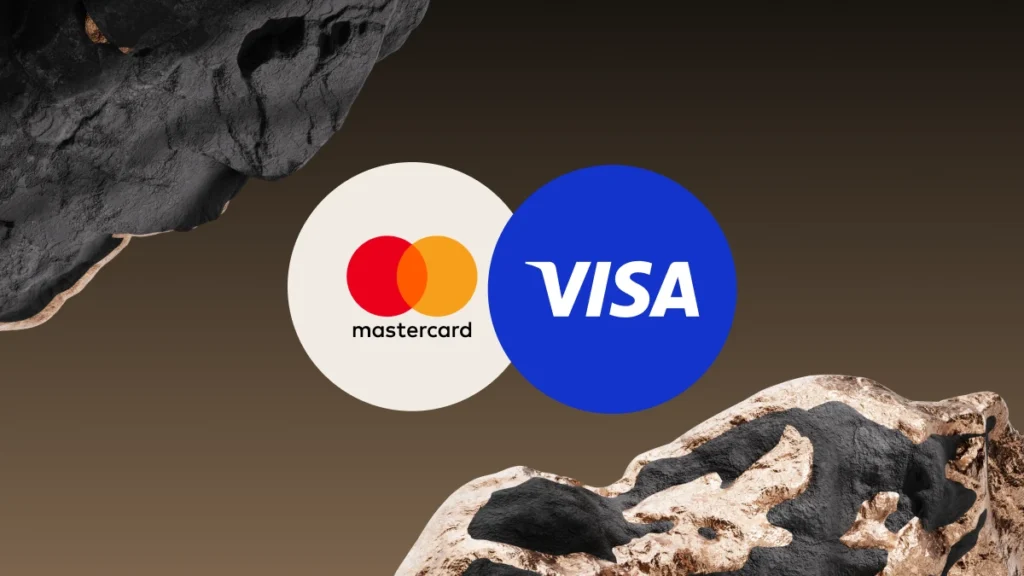
Alright, before we go throwing punches, let’s lay down the basics. Traditional credit cards — Visa, Mastercard, AmEx — have been around for decades. You swipe, tap, or click, and boom — payment done. The bank pays now, and you pay later (ideally without racking up soul-crushing interest).
Crypto payments? Totally different animal. You send digital assets like Bitcoin or USDT straight from your wallet to the merchant. No banks in the middle, no approval delays — just blockchain doing its magic.
Sounds sleek, right? But how do these two actually stack up?
Crypto vs Traditional Credit Card: Speed, Cost & Control
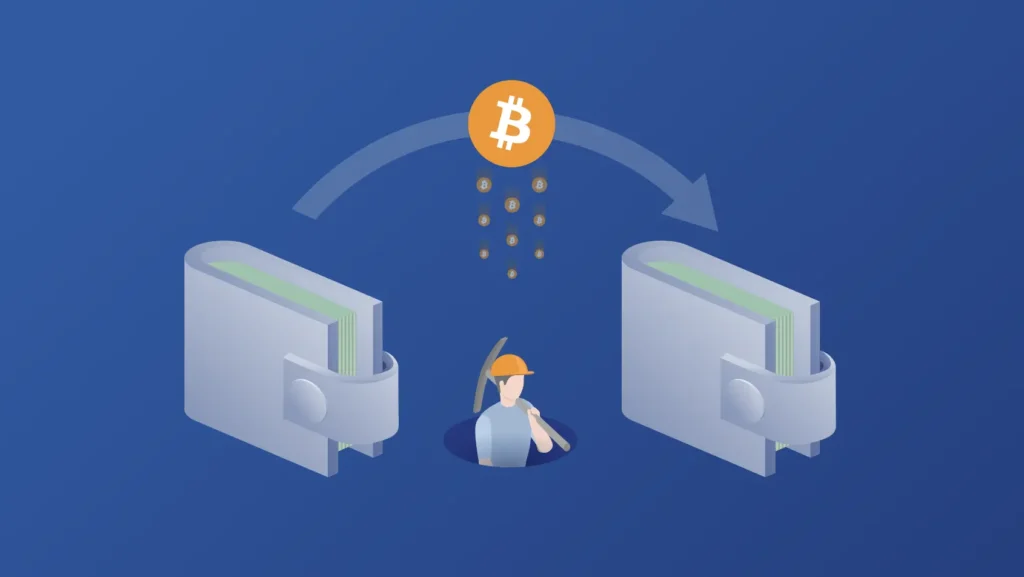
Let’s start with transaction speed. Cards are usually instant for consumers, but under the hood, banks can take 2–3 days to settle. Crypto? It depends. Some coins (like Ethereum during peak hours) can lag, but others like Solana or even stablecoins on faster chains? Nearly instant.
Fees? Now we’re talking. Traditional credit cards often hide their costs behind merchant fees — usually around 2–3%, which can sneak into your final bill (yes, even if you don’t see it). Plus, international payments? Brace yourself for those nasty conversion charges.
With crypto, you skip the middlemen — no bank, no currency conversion, sometimes even no transaction fee (especially on L2 chains). But here’s the twist: network congestion can still spike fees on certain blockchains.
And control? With crypto, you own your keys, your wallet, your funds. No sudden card freezes. No “your transaction has been declined.” Of course, that also means no fraud protection fallback. Lose your private keys — and well, say goodbye to your funds.
The Feel Factor: Familiarity vs Future-Proof

Here’s where emotion sneaks in. People trust what they know. You probably got your first credit card in your early 20s, right? It’s familiar. Easy. Tap and go.
Crypto, on the other hand, still feels… edgy. Even risky, depending on who you ask. The UX isn’t perfect. Wallets can be confusing. And let’s not pretend the whole “what if I get hacked?” fear isn’t real.
But — and it’s a big but — crypto payments are evolving fast. Every year, they get smoother, faster, and more secure. The tech curve is climbing, and those early growing pains? They’re starting to fade.
Crypto vs Traditional Credit Card: Who Wins on Privacy?
Let’s be honest — credit cards are privacy nightmares. Every swipe you make gets logged, tracked, analyzed, and sometimes sold. Ever wonder why you see suitcase ads after buying a flight? Bingo.
Crypto? At least semi-anonymous. Your wallet address isn’t tied to your name (unless you make it public), and with privacy coins or mixing tools, your transactions can be near-impossible to trace. That said, regulators are catching on, and not all crypto payments are truly anonymous anymore.
So… Which One’s Better?
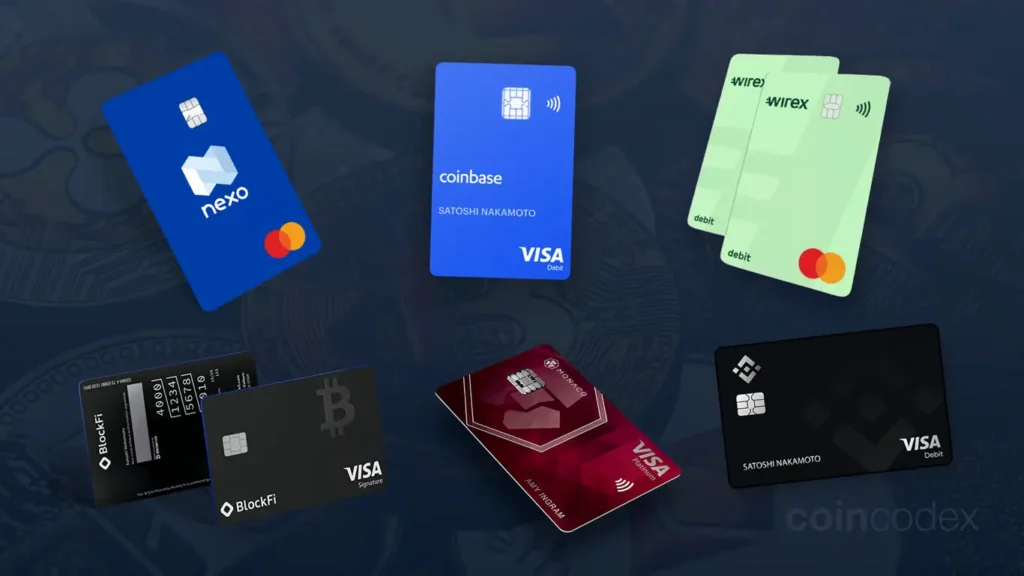
Well, it depends. (Annoying answer, we know.) If you’re someone who values simplicity, consumer protections, and global acceptance — traditional credit cards still rule. They’re not broken… yet.
But if you’re privacy-conscious, tech-savvy, and tired of middlemen eating your fees? Crypto might already be your daily driver — or at least worth exploring.
Maybe — just maybe — the best answer isn’t picking sides. Some folks are already blending both: using crypto where it’s accepted, and falling back on cards when needed.
Final Thoughts: The Future of Payments Is… Both?
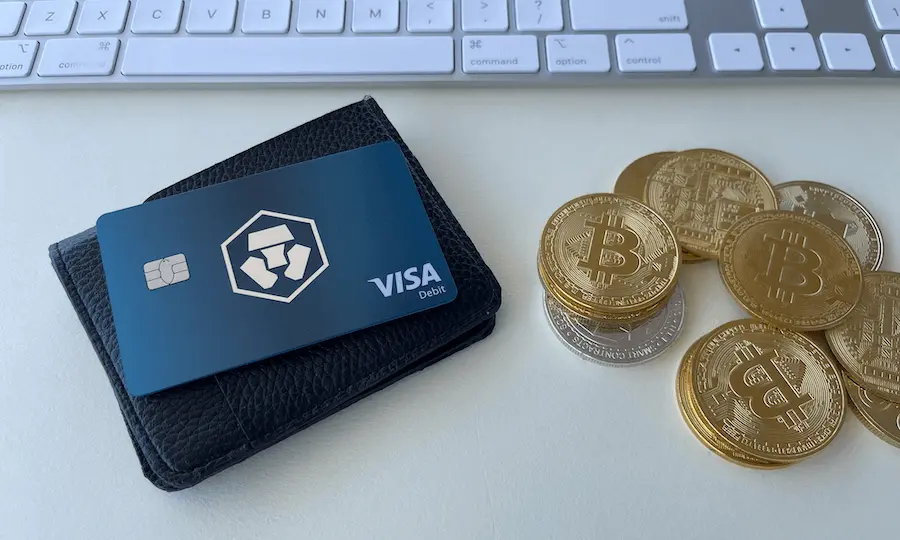
The crypto vs traditional credit card battle isn’t a clear win or loss — it’s more like watching a new contender rise in the ring. Credit cards may still dominate, but crypto’s gaining ground. Fast.
For now, the smart move? Stay informed. Try both. Keep your options open. Because the way we pay is changing — and who knows? In five years, swiping a plastic card might feel as ancient as writing a check.
Relevant news : Here

